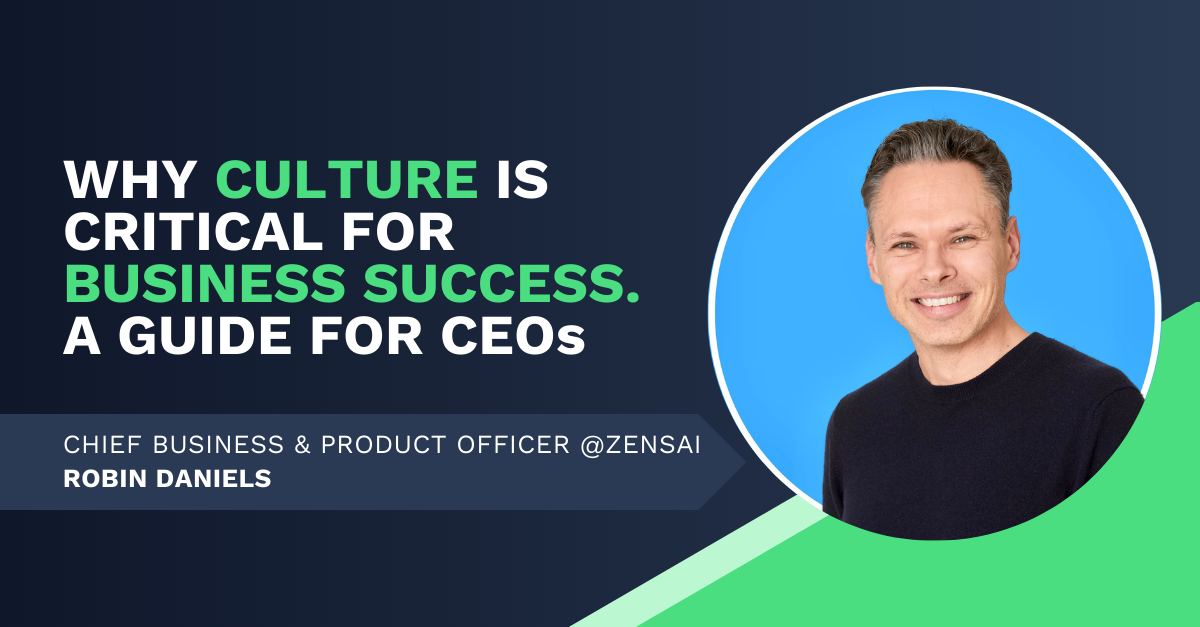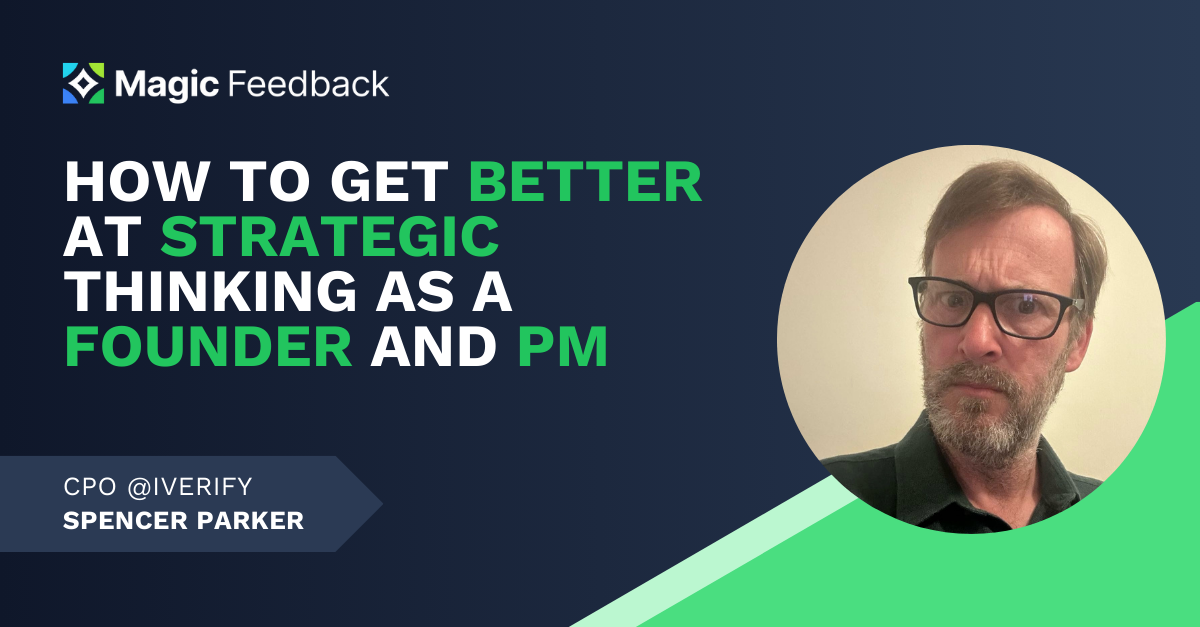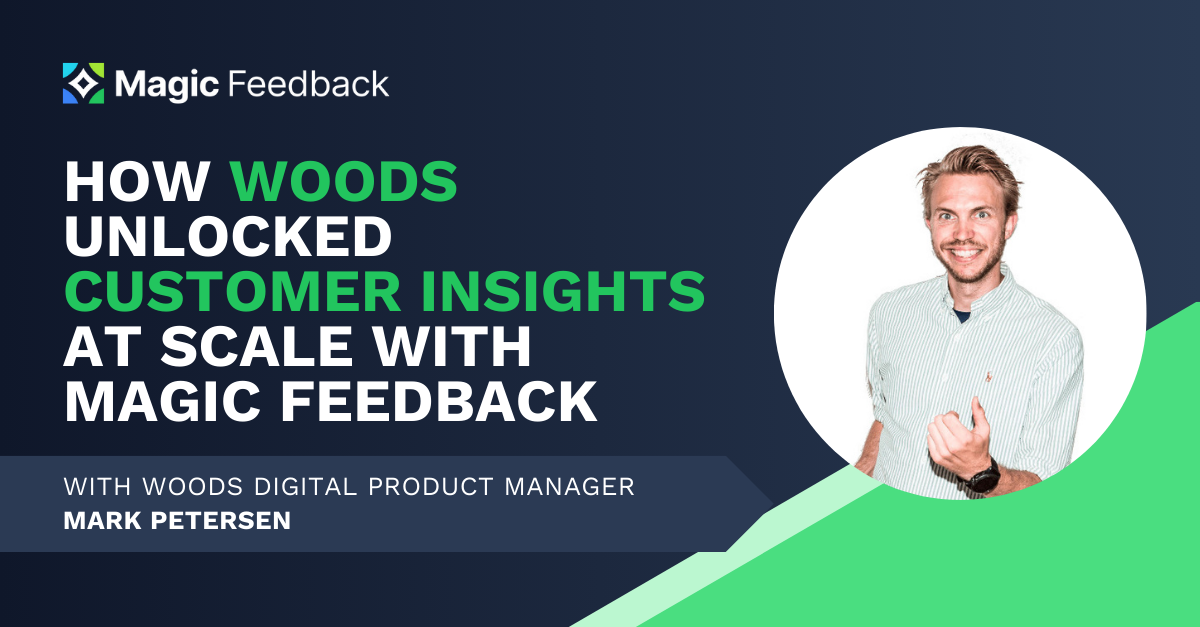
For this thought leadership article I spoke with Robin Daniels. Robin has held leadership roles in some of Silicon Valley’s most iconic companies such as Salesforce, WeWork, Box, and LinkedIn.
He breaks down for us the secret behind these companies’ continuous success. The secret, according to him, is that they establish great culture and values, and then the senior leaders consistently, over time, focus on them. Even when the times get tough.
Talking about tough times, the shift to a remote first environment, for many companies, has posed new challenges to senior leaders. Establishing these clear cultures and values, used to be done daily, face to face. Now it needs to be done from a distance.
“I think one thing that’s become hard, from a culture perspective, is this new way of working. I’ve heard this from a lot of conversations I’ve had, especially with Founders and CEOs. Now that we don’t have a space where people are working anymore, what happens to our culture? Leaders are often thinking “How do I know that people are working on the right things?”, “How do I hold them accountable?”, “How do I ensure that we’re all working on things that matter”. So I believe accountability, and especially having clear accountability is more important than ever. Remote work is here to stay and has tremendous benefits, but it requires clarity and consistency.”
Robin is a big believer in accountability, for him there is a clear distinction between what hard and soft accountability means for leaders and for the business.
“There are so many different kinds of accountability. There’s accountability towards, what I call, the hard goals. The goals that you set you set as OKRs (Objectives and Key Results). For example: get 100 new leads by the end of this quarter, grow the business to 10 million by the end of this year, these are examples of hard accountability. You need to have clarity on them – you either meet these targets, or you don’t.”
Soft accountability lies in the intangibles. It’s usually the one that is harder to define and measure, and as a result, usually where the biggest point of contention comes.
“Then there’s the soft accountability, which is centered around whether you are holding people accountable to the values that you have set as a company. I think this is where I feel it falls down the most.”
For Robin, unfortunately, what companies aspire to be, and what values they want to honor, often differs from reality.
“Most companies pride themselves on having all these great values. Transparency, Trust, Get shit done, Fun and so on. They really pride themselves on being a great place to work, on how much they trust their people. They claim they give people freedom and that they don’t want any toxic people. But then companies fail, because they don’t really know how to hold people accountable towards those values. So they end up doing the same thing time and time again – they only chase sales, and if you only chase sales, what happens is that companies end up sacrificing their values. They often become political and a nasty place to work, which is not inspiring to anyone.”
His advice to leaders is to be clear on both the soft and hard accountability goals and to measure them both.
“You have to figure out – how to measure both the soft and the hard accountability and how to hold people true to that. But it’s not an easy thing to do, and I think now in the time of remote work it’s become even harder in some ways. For example, it used to be I could overhear a conversation in the office and instantly address if someone was being a jerk. That’s harder now that conversations are often in the virtual space.”
For him the discourse, that things are much harder now, comes from leaders, who don’t have the vision, and clarity for the values and the culture, to which they would like to hold people accountable.
“It shouldn’t really be harder to hold people accountable. What CEOs and businesses are struggling with is – when they can’t see people every day, and they don’t know what they’re doing, they don’t know if people are really working well. This is where trust comes in and you have to be able to trust that the people are working on the right thing. Set goals and trust the team to reach them. “
Robin stresses that it all depends on the leadership of that company, not on whether people are working from the office or from their homes.
“Give people clear goals, give them feedback on these goals in a weekly setting or in a monthly setting. Give them clarity and feedback, and you would be surprised, but in my experience, mostly people rise to the occasion. They want to do good work, and they want to feel like they are doing the right things, that they are growing in the right direction.”
For him the answer is simple and straightforward, it’s the leadership team’s responsibility to ensure everything runs smoothly and that the employees feel empowered to do their best.
“It is your responsibility to provide them with the right environment for them to shine. Give them the trust, the accountability and the support they need to be successful every single day. That’s ultimately what creates this great team environment, which is something that most companies are still looking for.”
Robin stresses that the secret for success is not being the first to market, or having the most innovative idea. No, the secret for success, a long term success that is, is to build a company, which has a clear culture and values. One that can stand the test of time. Culture should never be an afterthought, or a one off exercise. It should be imprinted into the DNA of every employee, of every action.
“So much of the success of the biggest companies comes down to the culture that they built and the reason why some of them didn’t make it, is also culture. It works both ways.”
Does he have practical advice on how to create such an environment?
“The first thing I’ll say honestly is, if it’s easy, everybody would do it. So it’s not an easy thing. It takes effort and focus and time. This doesn’t happen on its own, culture just doesn’t happen magically. You have to focus on making it happen, it requires consistency. Meaning, if you have values and a way of working you’ve got to be consistent.”
Consistency appears to be even more important than establishing the culture in the first place, because if it is not consistently applied and followed in the long run, it just becomes superfluous.
“If you change it all the time: “oh now this is what we care about” it just confuses the employees. They don’t know how you value their actions or their accountability. Culture is built over time. It takes time and you have to lean in and do the hard work. I mean if it was easy, if you could just read an article and you’d be done with it everybody, every company, would have a great culture. But, it’s not. It requires you showing up every day, it requires you acting with integrity and towards the values that you have.”
He has been lucky to have experienced many companies with great cultures firsthand. One of them was Linkedin.
“For example at LinkedIn we had these clear values. One of the values that we had was that “members come first”, members being people on the platform of LinkedIn. And the reason that this is so important is because we never wanted to lose the trust of the members. The thing that made LinkedIn special, versus Facebook or Twitter or Instagram is that people trust the platform. They come there, they feel like they’re getting inspiration, information, education and they trust the platform. And because we never want to lose that, so many of the projects that we were undertaking, so many of the things that we were doing, would always start by making sure we are honoring our commitment to being “Members First”. If we then found out that no, this actually doesn’t fit, it’s not a “Members First” outcome, then we wouldn’t do it.“
I wanted to find out if these beliefs and best practices hold true for smaller companies, for startups. Businesses, which on one hand need results fast, and on the other hand, they also want to inspire and have a great culture. How does he recommend startups can strike this balance?
“I don’t think the two are incompatible. I think you can easily have one with the other. It’s just being clear on it and acting on it. It’s when you have these stated values or mission statements and then you violate them, then of course everybody in the company sees that and then they start losing trust in leadership and in the culture.”
For him, coming from a place of integrity and honesty is really important.
“As long as you mean your values. No matter what these values are – they can be: “be aggressive”, “take chances”, whatever you want and they can even change over time. But if you say: we have a respectful environment, we take the time to debate things and we listen to everybody. And then you see leadership not doing that, because they’re like – we’re early days all that matters is us winning deals and moving fast. You violate some of those principles. Then of course everybody sees that. People are not idiots. And then they will act in a way that’s more aligned with the action.”
He acknowledges that startups have probably one of the hardest and most stressful environments. Still, for him especially when the times are the hardest, it’s when the leaders need to act in a consistent way, with integrity.
“I’ve been in my fair share of startups. It’s really tough, it’s always like – you take two steps forward, as I like to say, and then you get smacked in the face. A deal falls through, a customer’s unhappy, maybe funding is not there, maybe an employee leaves, you know, there’s so many things. And so there’s all these excuses, all the time. Things to blame, on why you should cut corners. But the moment you start doing it, it’s a very slippery slope.“
His advice for Founders is – be the leader you want to be, don’t waste time waiting for a better moment to start acting according to your values, to start acting consistently and start expecting accountability.
“Some of the best Founders are super clear from the beginning on their values and they stick to it, no matter what.”
His personal values?
“Have courage and take chances. Surround yourself with people, who are much better than you, because it just makes everything better in your life. Bring energy and optimism to everything that you do.”
For him, it was his mom, who gave him the best advice, that has stayed with him to this day.
“One of the best pieces of advice I got was from my mom, she said to me often, when I would leave the house, as a kid, “go out there and take some risks”. And I love that. I think most parents, when their kids leave the house, they go “be careful out there, be back by nine o’clock or whatever”. While my mom would say “take some risk”. It motivated me to not have any fear, to be open-minded, to be curious. “
And what is one advice that he would like to give to aspiring leaders and product managers?
“Have the courage to take a chance on something that could be amazing or fail. The moment that you succeed in your life or in your career, usually comes from you doing something above and beyond what is expected of you. That something hopefully leads to success, but it can also lead to failure. But even if it ends in failure, you will learn a ton from it.”
He stays true to this, in his approach to business decisions too.
“I say to my team, when you come to present big Ideas to me, for campaigns or for new product initiatives or whatever it is, unless it makes me feel slightly uncomfortable, I don’t know if it’s as big as it could be. There has to be a little voice in my head that goes, “Ah can we do this, should we do this, is it stupid, is it possible”. That’s usually a good sign that we are pushing the boundaries”
Throughout his career, Robin’s north star principle has always been to have the courage to go after his dream. Whatever that dream might be. His story is inspirational to all aspiring product leaders.
“I spent 20 years of my life in California. I’m originally from Copenhagen, Denmark, but when I was 21, I bought a one way ticket to San Francisco. Because I wanted to be in Silicon Valley and do great things in tech. I didn’t have a job or a place to stay, I didn’t know anyone, I had never been there before, but I just always thought that I didn’t want to look back on my life and regret not having the courage to go. So I went over there and I ended up spending 20 years of my life in California and it was great. I worked for some of the most iconic companies that have come out of Silicon Valley.”
His advice – live your life in such a way that you have experiences, successes, mistakes, but never regret things that you didn’t try.
“A big part of how I think about it is – life is short and you want to make sure that you don’t have any regrets. My driving thought was always – “I don’t want to look back on my life when I’m 50, 60, 70 years old and regret not having the courage to go and follow my dream.”


